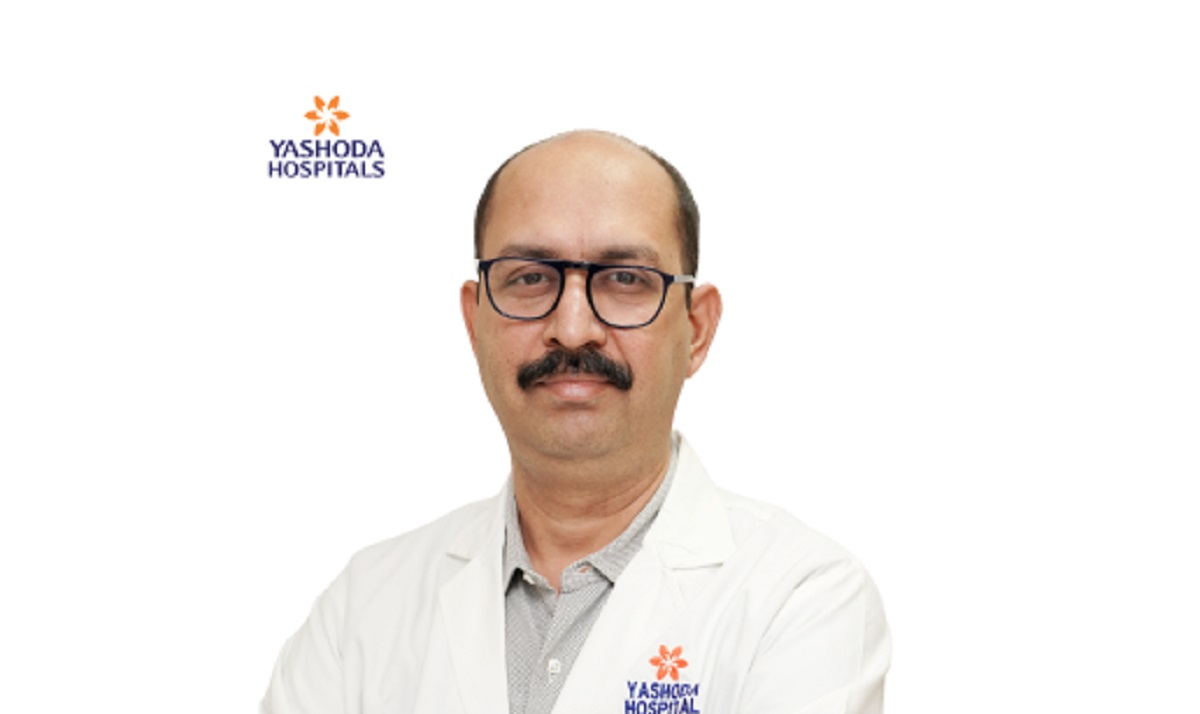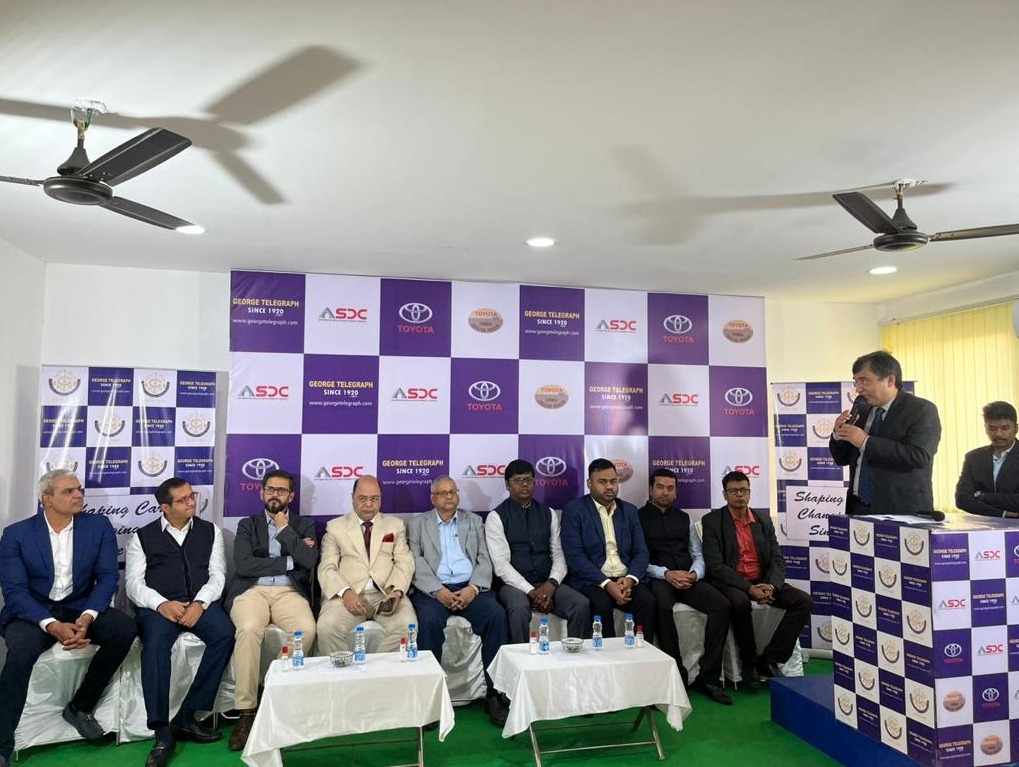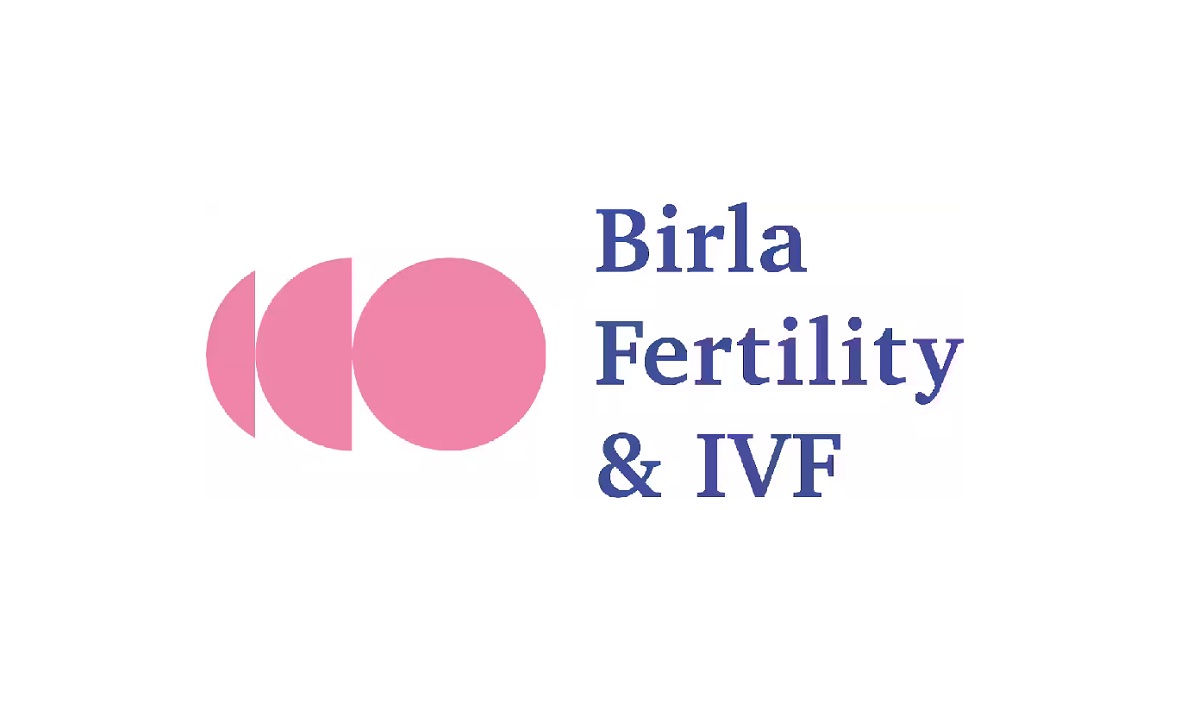Dr. Sashi Kiran A says, The human body thrives on interdependence, and nowhere is this more evident than in the intricate link between the kidneys and the heart. Chronic kidney disease (CKD) is no longer viewed as a renal disorder alone; it is increasingly recognized as a major risk factor for cardiovascular disease (CVD), which remains the leading cause of death in patients with kidney dysfunction. Understanding this critical connection is vital to improving patient outcomes through integrated care.
Through a number of overlapping processes, kidney disease contributes to cardiovascular problems. Heart and blood vessel damage is largely caused by hypertension, fluid overload, endothelial dysfunction, oxidative stress, and metabolic disorders. Toxic metabolites build up when kidney function deteriorates, hastening heart remodeling and atherosclerosis. In actuality, rather than developing end-stage renal disease, persons with CKD are more likely to pass away from cardiovascular events such as heart attacks or strokes.
Heart and renal disorders are frequently treated separately in traditional medical care. This method, however, ignores the intricate interactions between the two organs. A route for thorough disease management is provided by integrated care models, in which nephrologists, cardiologists, endocrinologists, dietitians, and primary care doctors collaborate. Timely discovery, more secure monitoring, and coordinated therapies are all ensured by such collaboration among professionals.To book an appointment, please call [08065906114 / 08065906179] or book online at -https://www.yashodahospitals.com/
Integrated management is built on early risk assessment. People who are at high risk for both CKD and CVD can be identified through routine screening for blood pressure, blood glucose, lipid levels, and estimated glomerular filtration rate (eGFR). Disease progression can be considerably slowed by interventions such as maintaining ideal blood pressure and blood sugar control, avoiding nephrotoxic drugs, and treating urine and cardiac issues as soon as they arise.
Dr. Sashi Kiran A explains, Majority of the drugs are normally removed by Kidneys, When Kidney function deteriorates to below 30 i.e eGFR falls below 30ml/minutes most of them require dose adjustments. Hence all drugs and treatment decisions need to be approved by Nephrologist.Patient may be seen by multiple specialist but without clearance from Nephrologist no drug or procedure should be done
Equally important is a patient-centered approach. Both the kidneys and the heart can benefit from nutrition therapy that restricts processed foods and sodium, encourages plant-based proteins, and supports a balanced hydration consumption. Patients find quantifiable improvements in vascular health when combined with counseling on lifestyle factors, such as maintaining a healthy weight, giving up smoking, and participating in moderate physical activity.
Digital health technologies and chronic care registries are examples of emerging paradigms of care. Better contact between medical professionals and patients is made possible via teleconsultations, shared electronic health records, and smartphone apps for monitoring blood pressure and blood sugar. Additionally, incorporating educational sessions into professional appointments helps patients better grasp their illness and follow treatment plans.
The rising incidence of CVD and CKD in India necessitates a change in healthcare from reactive to preventative, coordinated care. In addition to increasing survival rates, integrated kidney-heart treatment also improves quality of life. The synergy between nephrology and cardiology may improve outcomes for millions of at-risk individuals through collaboration, technology, and patient empowerment. Dr. Sashi Kiran A, Consultant Nephrologist, Yashoda Hospitals, Hyderabad. Visit every month to provide specialized consultations and care at our center SILIGURI. To book an appointment, please call [08065906114 / 08065906179] or book online at –https://www.yashodahospitals.com/




